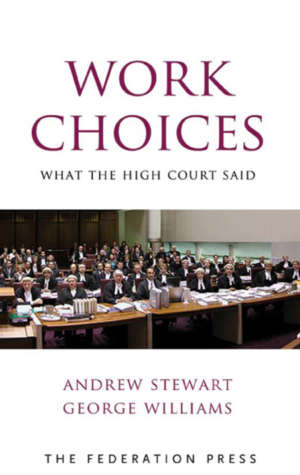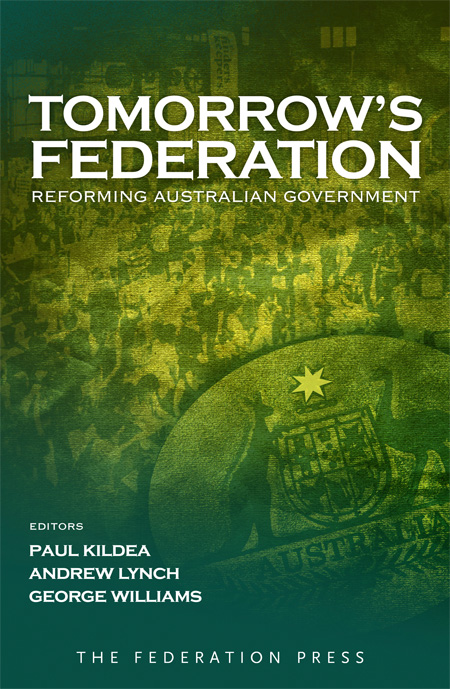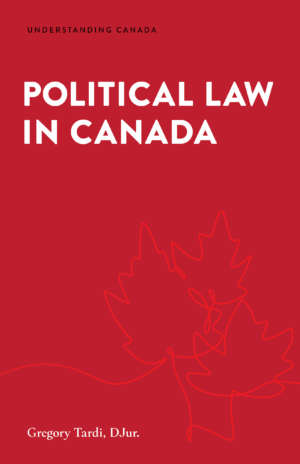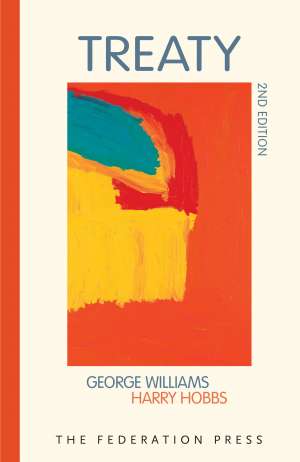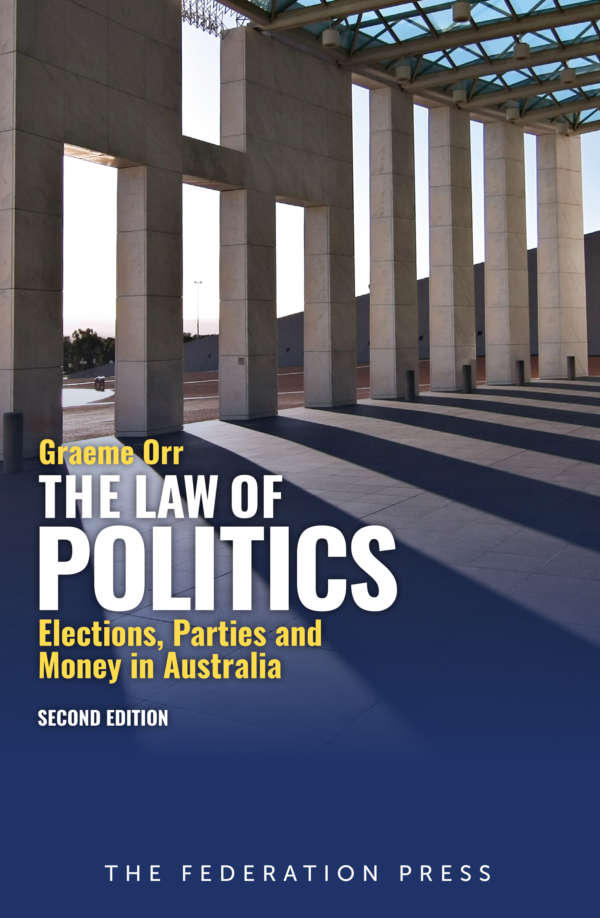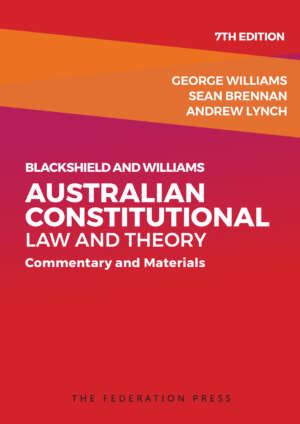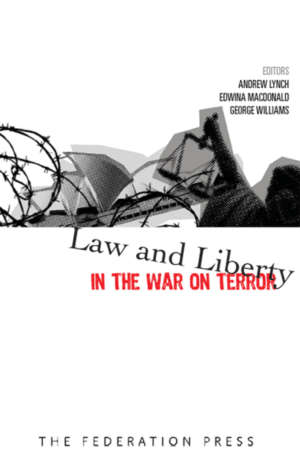Product Description
This book examines the law of elections in Australia. It explores Australia’s rich history of electoral law innovation as well as exciting contemporary challenges such as electronic voting and party regulation. Topics covered also include the centenary of the first uniform federal franchise, the Gore v Bush 2000 US presidential election, and the role of scrutineers in the electoral process.
The volume draws together as contributors a range of insiders and other Australian and international commentators with long experience in electoral administration and electoral law. Authors include leading lawyers, political scientists, historians and electoral administrators.
Foreword by Andy Becker, Australian Electoral Commissioner
Introduction
The Australian Electoral Tradition
Graeme Orr, Bryan Mercurio and George Williams
The International Dimension
Lessons from the Florida Controversy
Daniel Lowenstein
Electoral Reform in the United Kingdom
Keith Ewing
Australian Electoral Law: Not a Model for Others
Michael Maley
A Century of Reform
Enrolling the People: Electoral Innovation in the New Australian Commonwealth
Marian Sawer
Measuring Parliaments Against the Spence Standard
John Uhr
Fundamental Rights and Values
The Evolution of the Commonwealth Franchise: Tales of Inclusion and Exclusion
Jennifer Norberry
One Vote, One Value: The WA Experience
Kirsten Robinson
Campaigns, Parties and Candidates
Campaign Finance Reform in Australia: Some Reasons for Reform
Joo-Cheong Tham
Dealing in Votes: Regulating Electoral Bribery
Graeme Orr
Party Registration and Preselection: A Minefield for Electoral Administrators?
Steve Tully
By Any Other Name: Parties, Candidates and their Ballot Labels
Tom Round
The Role of the Courts
The High Court and the Constitutionalism of Electoral Law
Gerard Carney
The Practice of Disputed Returns for Commonwealth Elections
Stephen Gageler
Justiciability: The Role of Courts in Reviewing Electoral Administration
Angela O’Neil
Best Practice in Electoral Governance
The Independence of the Commissions: The Legislative Framework and the Bureaucratic Reality
Colin A Hughes
Transparency and Elections in Australia: The Role of Scrutineers in the Australian Electoral Process
Phillip Green
Beyond the Paper Ballot: Exploring Computerised Voting
Bryan Mercurio
Table 0f Cases/ Table of Statutes/ Index


